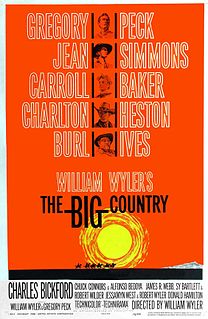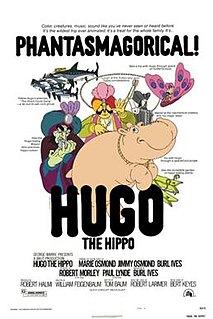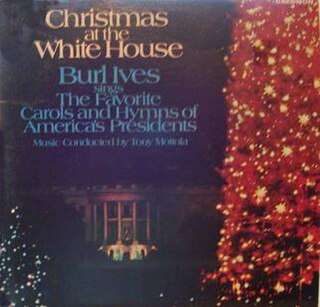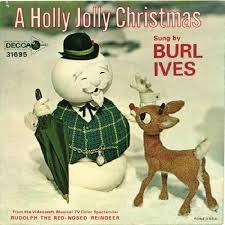The Little Engine That Could is an illustrated children's book that was first published in 1930 by Platt & Munk.
The Little Engine That Could is an American fairytale that became widely known in the United States after publication in 1930 by Platt & Munk. The story is used to teach children the value of optimism and hard work. Based on a 2007 online poll, the National Education Association named the book one of its "Teachers' Top 100 Books for Children".
The Little Engine That Could may also refer to:
- The Little Engine That Could (1991 film)
- The Little Engine That Could (2011 film)
- "The Little Engine That Could", a song by Burl Ives from Burl Ives Sings Little White Duck and Other Children's Favorites

The Little Engine that Could is a 1991 animated direct-to-video short film directed by Dave Edwards and co-produced by Edwards and Mike Young, animated at Kalato Animation in Wales and co-financed by Universal Studios through their MCA/Universal Home Video arm and S4C, Wales' dedicated Welsh-language channel. It was released on VHS by MCA. The film features the voice talents of Kath Soucie and Frank Welker. It is based on the book of the same name, by Watty Piper.

The Little Engine That Could is a 2011 American direct-to-DVD computer-animated film based on the story by Watty Piper.

Burl Ives Sings Little White Duck and Other Children’s Favorites is a 12-inch LP album of folk songs for children recorded by Burl Ives for Columbia Records between 1949 and 1951. The label, in 1950, crafted a "shared" 10-inch children's LP. On side one, Hollywood actor Victor Jory narrated Tubby the Tuba, while side two featured Burl Ives performing seven tunes under the title Animal Fair: Songs for Children. The catalog number was JL 8103. One year earlier, Animal Fair: Songs for Children had been presented separately on a two-disc 78-rpm set, using as a catalog number MJV 59. In 1956, another Ives endeavor for children appeared, containing "The Little White Duck" and six other ditties. Part of Columbia's brief (1955–56) House Party Series of 10-inch LPs, the album was called Children's Favorites, affixed with the catalog number CL 2570. Next, a new collection, expanded to 12 inches, combining these 14 Ives selections and 2 additional ones and entitled Burl Ives Sings Songs for All Ages, was issued by Columbia in 1957, bearing CL 980 as the catalog number. Two years later, this album was shortened by two tracks, christened with its final title, Burl Ives Sings Little White Duck and Other Children's Favorites, and reassigned to Columbia's budget label, Harmony Records, which employed HL 9507 as the catalog number. Being the customary practice in the vinyl marketplace of the 60s, this monaural platter wound up electronically enhanced for stereo, circa 1963, and given the modified catalog number HS 14507. Columbia, in 1974, reissued the LP, again in simulated stereo, with the catalog number C 33183. At the same time, the label also transferred the album to cassette tape, affixing the catalog number CT 33183. On November 22, 1988, Columbia unveiled the album in CD format, which upgraded the sound quality to digital stereo. Distribution of the disc then was taken over by Sony Wonder on October 3, 1995. The 1974 LP cover, later retained for the CD, was designed by Ed Lee and Eloise Smith, with illustrations by Reynolds Ruffin. Currently, the CD is out of print, but it still can be purchased through online music sellers. Moreover, all the album tracks are now available via MP3 downloading.
| This disambiguation page lists articles associated with the title The Little Engine That Could. If an internal link led you here, you may wish to change the link to point directly to the intended article. |










